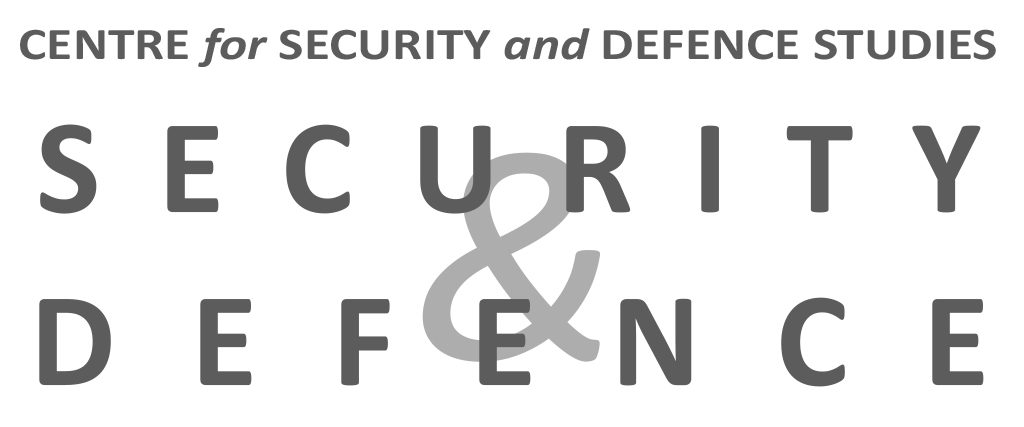
This Focus Paper examines the recent resurgence of tensions over intermediate-range missiles in Europe, by drawing comparisons to the Euromissile crisis of the late 1970s and early 1980s. It reviews the historical context and significance of the Intermediate-range Nuclear Forces (INF) Treaty and explores the implications of its termination in 2019. In the wake of this development, new concerns have emerged regarding the potential for a renewed arms race on the European continent.
This study discusses recent strategic moves, including Russia’s deployment of Iskander-M missile systems in Europe and the United States’ testing of previously prohibited missiles, and analyses how these actions might impact the security landscape. Through a careful analysis, this paper highlights the strategic and political consequences of these developments as well as the risks associated with the dual capabilities of modern missile systems, and considers the possibility of miscalculation or unintended escalation.
The author underlines the importance of renewing arms control discussions and re-engaging in international dialogue to reduce the risks of a new Euromissile crisis. While acknowledging the complexity of the current situation, this analysis provides some perspectives on how to approach these challenges in order to maintain stability and peace in Europe, thereby contributing to ongoing discussions on European and global security in a balanced and thoughtful manner.
Research lines: Defence capabilities and technologies; Transatlantic relations; Eurasia
Source photo: © Ministry of Defence of the Russian Federation.

Focus Paper 48
The Resurgence
of Intermediate-Range Missiles
and its Implications
for European Security
